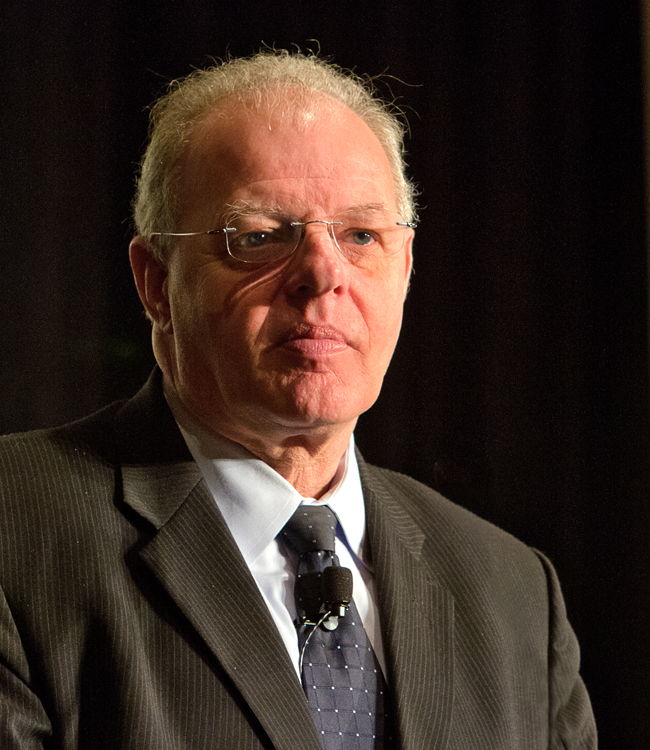Retiring U.S. Cybersecurity Chief Shaped National Strategy and Internet Policy
The nation’s cybersecurity ‘czar’ Howard Schmidt is leaving office and riding his Harley into the setting sun… literally.
At the end of the month, Schmidt leaves for Seattle, ending a 2 1/2 year stint in which he was able to bring much-needed coherence to the federal government’s cybersecurity efforts. In the process, he became a key player on Internet policy overall, using his security credibility and his technical expertise to bring a balanced perspective to a range of issues.

U.S. Cybersecurity Chief Howard Schmidt
Coordinating across federal agencies is always difficult and is especially so in the cybersecurity field, where policy debates often pit the well-resourced, but highly secretive and military-led National Security Agency against the long-struggling civilian Department of Homeland Security. Schmidt came into the office amid doubts that his White House post would have any impact or authority. Schmidt disagreed. “When you’ve got the President directing you to do something, I don’t know how clout gets any bigger than that,” he said. The results bear him out. On the long-running NSA-DHS issue, for example, he helped broker a deal that cements DHS’s leadership over cybersecurity for civilian government systems, augmented by NSA’s indisputable expertise.
A keystone of Schmidt’s approach was his ability to bring all interested parties to the table – industry in all its diversity, the intelligence agencies, the cybercrime cops, and even civil liberties advocates.
Schmidt was the driving force behind the National Cybersecurity Strategy and the National Strategy for Trusted Identities in Cyberspace, both of which are remarkable in many ways but especially for striking a balance that protects the three key interests at stake: security, privacy and innovation.
Schmidt’s work clearly strengthened the nation’s cyber defenses but also, time and again, he fought back against overly zealous proposals that would have been bad for the Internet. He also played a major behind the scenes role in exposing the flaws in SOPA-PIPA, making him one of the unsung heroes of that debate.
Earlier this year Schmidt put “botnets” in his crosshairs. “We’re teaming [with] U.S. internet service providers, search engines, internet vendors, privacy rights advocates and groups and trade associations to tackle this on all fronts. We’re working on developing best practices and an industry code of conduct within the next 90 days,” he said. The working group he convened is building a public/private sector partnership to attack this Internet scourge – one of many initiatives that will continue after his departure.
Howard Schmidt has been a true champion for the Internet and the innovation it supports. His advocacy inside the Administration for the proposition that cybersecurity policy has to protect privacy and support private sector innovation will be missed.


